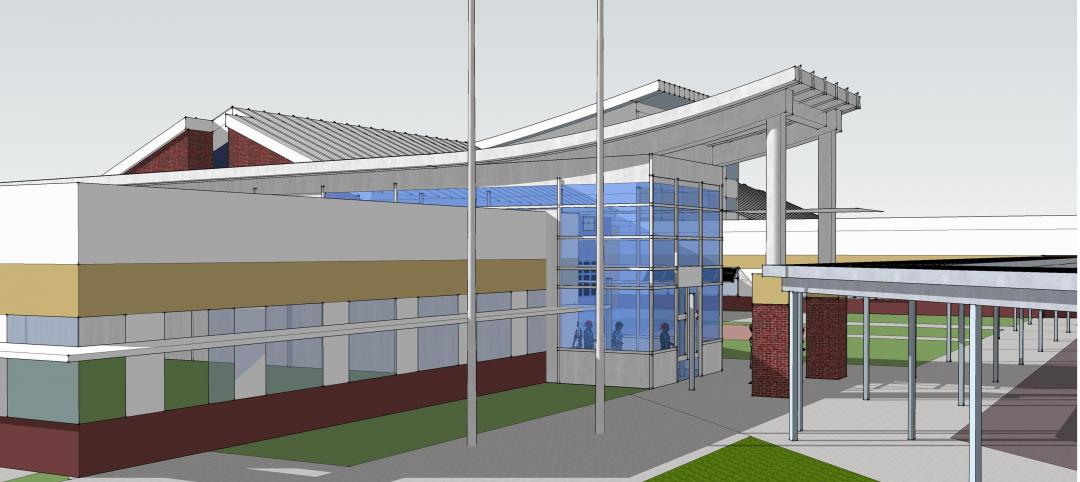The International Code Council (ICC) stripped the rights of local governments to vote on provisions of new versions of the International Energy Conservation Code (IECC).
The move could make it harder for cities to reduce their greenhouse gas (GHG) emissions within building sectors. The ICC’s new code development system gives the construction and gas industries more control by replacing localities’ voting power with a new process that still factors in local-level input, but gives industry groups more say in the end result of code development.
States typically adopt the ICC’s most recent standards for their building codes. If new code versions are less ambitious in promoting energy efficiency and cutting GHG emissions, cities are likely to adopt less stringent state codes.
More than 200 organizations and individuals submitted comments to the ICC surrounding its decision to end government voting, with 75% of those comments opposed to the action.
Related Stories
| May 25, 2012
Study: Safety inspections don’t hurt the bottom line
A new study suggests that random safety inspections by regulators help reduce injury claims without hurting profits.
| May 24, 2012
2012 Reconstruction Awards Entry Form
Download a PDF of the Entry Form at the bottom of this page.
| May 17, 2012
New standard for Structural Insulated Panels under development
ASTM International and NTA, Inc. are developing a new standard for Structural Insulated Panels (SIPs) that would create a path for U.S. manufacturers to meet the requirements of the Canadian building code.
| May 17, 2012
Webinar: ‘What Energy Codes and Standards Are Adopted Where and by Whom’
A June 12 webinar by the Construction Specifications Institute will outline what energy codes and standards have been adopted in each of the states for commercial buildings, and what is anticipated to be adopted in the future.
| May 17, 2012
California Governor orders new green standards on state buildings
California Gov. Jerry Brown issued an executive order recently that calls for all new or renovated state buildings of more than 10,000 sf to achieve LEED Silver or higher and incorporate clean, onsite power generation.
| May 17, 2012
New Zealand stadium roof collapse blamed on snow, construction defects
Heavy snowfall, construction defects, and design problems contributed to the collapse of the Stadium Southland roof in New Zealand in September 2010, a report has found.
| May 17, 2012
OSHA launches fall prevention campaign
The Occupational Safety and Health Administration (OSHA) recently launched an educational campaign to prevent deadly falls in the construction industry.
| May 15, 2012
Suffolk selected for Rosenwald Elementary modernization project
The 314-student station elementary school will undergo extensive modernization.













